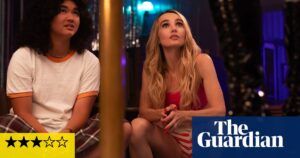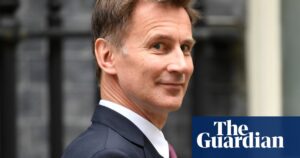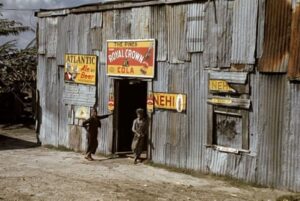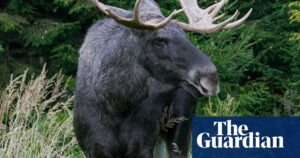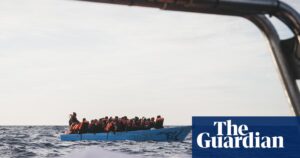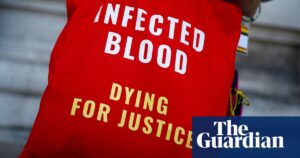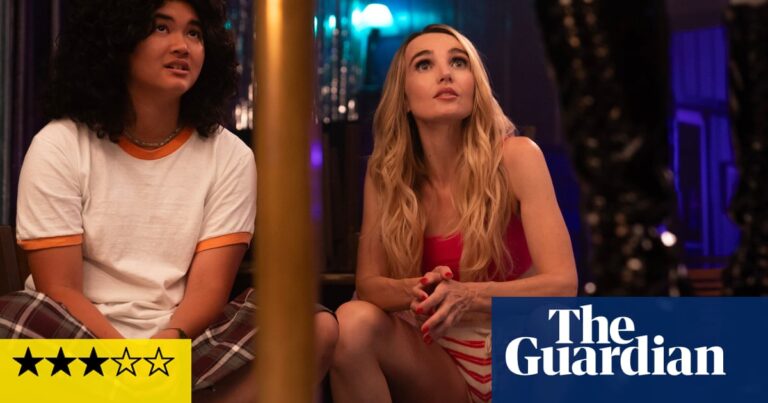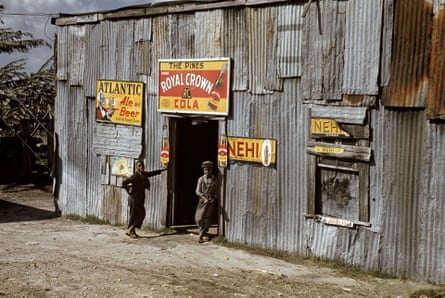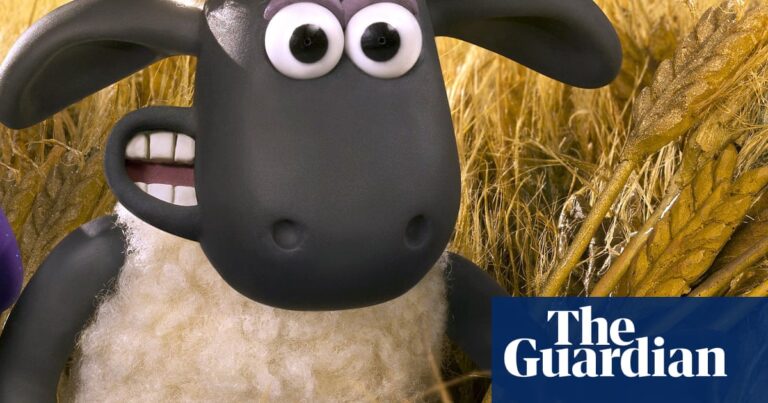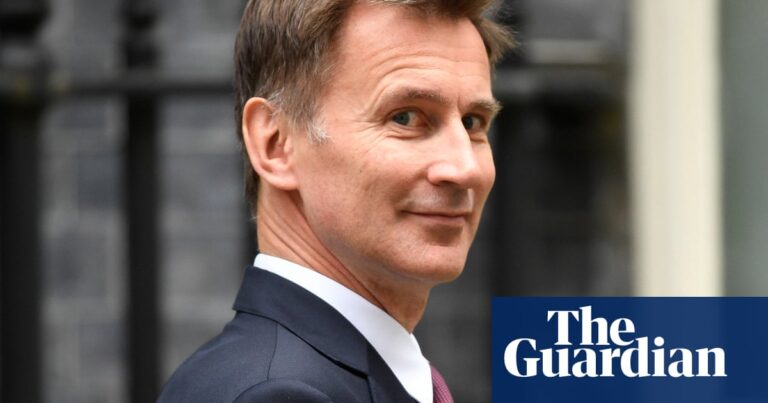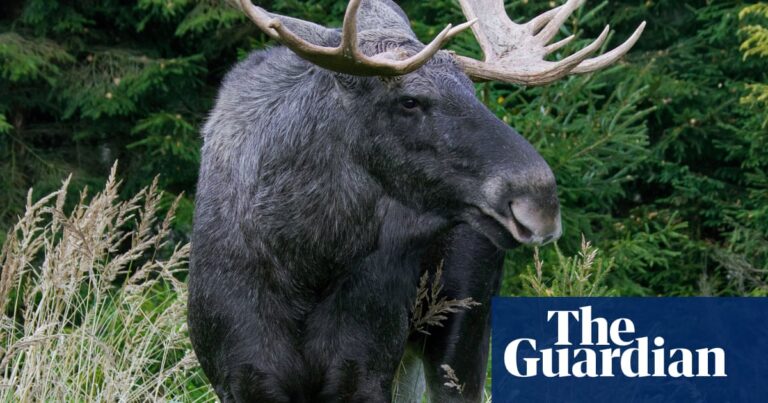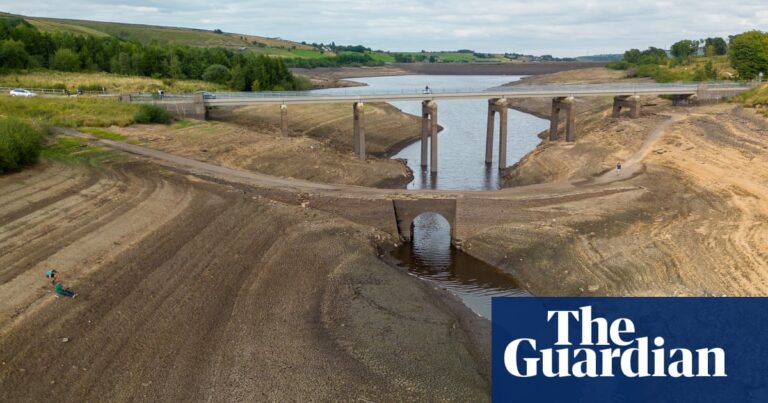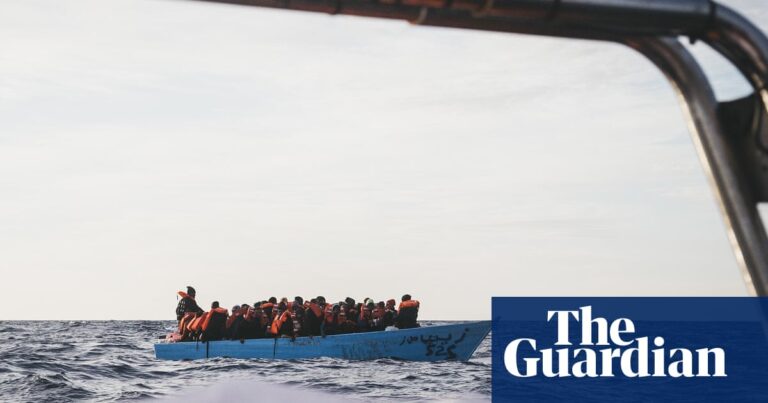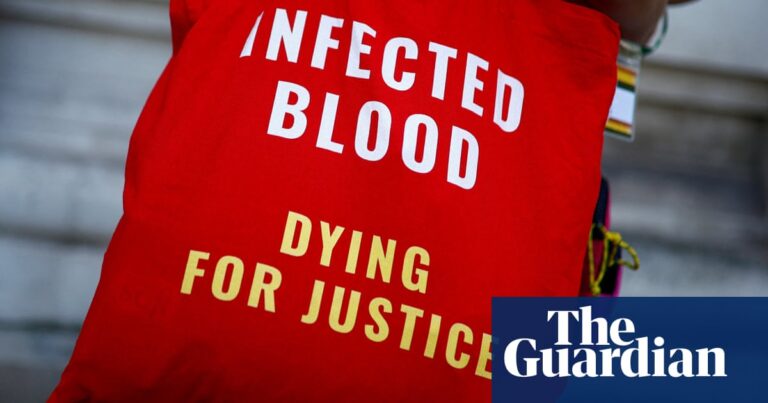After his documentary Gasland, which was nominated for an Oscar, was released, Josh Fox faced intense pressure from the fossil fuel industry.
“I was considered the top enemy for a period of five or six years,” he states. “I was constantly monitored and tracked throughout the entire country. I received threats of arson and death on a regular basis. The film also faced extensive negative publicity, which was specifically aimed at me.”
In 2008, Fox was sent a letter to his family’s residence in the upper Delaware River Basin in the US. The letter came from a natural gas extraction company, proposing a $100,000 lease for 19.5 acres of land.
Instead of accepting the money, Fox embarked on a journey across the United States with a camera to investigate the impact of shale gas drilling on other communities. He soon found himself in a battle for his own well-being. Local residents showed him water that was fizzy and flammable, a result of contamination from hydraulic fracturing, or fracking. In his 2010 documentary Gasland, Fox revealed how this practice was polluting the air, contaminating groundwater, causing harm to animals, and making people ill.
The film received high praise and sparked a global movement against fracking. The follow-up, Gasland Part II released in 2013, featured the Bentley blockade that effectively halted gas drilling in Australia’s northern rivers area.
“The Edge of Nature,” a new documentary by Fox, recently premiered at the Byron Bay international film festival in Australia. While his tireless climate activism is never far from his mind, this trip is not related to that cause. Fox, a quick-talking New Yorker, wore a straw hat and kept his banjo close on his hotel bed as he passionately shared information with a sense of urgency.
During the 2020 pandemic, in order to recover from alarming neurological symptoms caused by long Covid, Fox retreated to a small shack in the Pennsylvania forest where he grew up. With only a banjo and basic supplies such as a battery and a small solar panel, he lived in isolation for nine months without phone signal. On one long, dark night, he captures his frustration on camera as he questions why his brain is not functioning properly.
The movie opens with a flurry of visuals and a jarring speech addressing the current state of the world in 2019, prior to the “anthropause” caused by lockdowns. The speaker mentions alarming statistics such as the mysterious disappearance of 2.09 billion birds, a third of all animals being endangered, and a 17% decline in wildlife on Earth, along with the increase in climate emissions. This shocking information is soon followed by the arrival of a deadly virus, adding to the distress of the environmental crisis. The speaker reflects on how we took our previous way of life for granted, highlighting the irony of his own self-imposed isolation.
He resided in the woods, experiencing a “filthy state of delirium” as he described in the movie: “The infection ravaged my mind, creating chaotic connections between synapses.” Fox had difficulty breathing and constant eye movements. Medical professionals were unable to diagnose his illness.
Residing near a hardworking clan of beavers (“I have a fondness for those beavers”), along with other untamed creatures in the natural world, “removed from the chaos and aggression that exacerbated my mental cloudiness”, he embarked on a journey to improve his well-being “to a sufficient degree to continue persevering”.
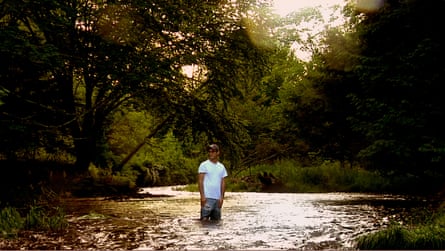
While Gasland made Fox an accidental ecowarrior as he took on the political power of big oil companies, The Edge of Nature captures a totally different fight. “The frontlines were inside my head, inside my body, both psychological and physical. They were spiritual, they were emotional.”
The fox never experienced loneliness in the forest because he was always surrounded by nature. He found comfort in conversing with the stars and frogs, observing their attempts to find a mate and listening to the songs of different species trying to propagate. This allowed him to develop a deeper appreciation for the changing seasons, recognizing that there are more than just four but rather at least 12 in his mind.
In the evening, he hears the sound of gunfire and becomes afraid. He explains to the camera that it serves as a warning to anyone within earshot. He compares it to the sounds that animals, such as bears and deer, would hear and instinctively flee from. The guns also prompt him to reflect on the destructive nature of human violence and the lasting impact of past traumas, including his grandmother being the only survivor of her nine siblings during the Holocaust and his grandfather being left without any family.
He contemplates the brutality of the past (“America’s foundation is rooted in genocide and slavery”). He also reflects on the impending death caused by climate change. “This is the largest genocide yet,” he tells me. “And it’s not just affecting us, but every living creature on the planet. We are facing an extinction event.”
After spending time in the forest, his belief is that we cannot take care of ourselves if we do not take care of the planet. The planet must be considered in every choice we make. We must recognize that nature has healing powers for both us and itself – it is a mutually beneficial relationship. What benefits the garden also benefits us.
Fox continues to experience symptoms occasionally, but he reports feeling significantly more healthy overall. He is unsure what specifically led to his improved symptoms, as it remains a mystery. He dealt with these symptoms for a duration of 16 months. However, he does acknowledge that spending time in nature greatly aided him in overcoming his PTSD and other long-term effects of Covid. His passion for environmental activism is what ultimately heals him. His film serves as a plea for increased awareness, resources, and scientific studies on the effects of long Covid, which impacts numerous individuals.
While spending time in the forest, he realized that humanity’s ultimate role is to care for the planet. He believes that the forest relies on us as we are the only species capable of comprehending how to preserve biodiversity and maintain ecosystems.
He gazes up at the vibrant blue sky in Byron and is filled with a sense of amazement. “In America, we rarely see skies like this, except during the pandemic,” he remarks. “Covid is the only instance in human history where we have significantly reduced emissions to meet the climate targets set by Paris. There are valuable lessons to be learned from that time. The Earth was sending us a message, pleading for us to listen and take action. It was a wake-up call for humanity to reflect on our actions.”

According to Fox, Gasland, which aired on HBO, would not currently be chosen for broadcast on US television due to the restrictive media environment. Despite facing powerful opponents and being emotionally affected, Fox remains determined and likely enjoys the challenge. He believes that no obstacle is too great and has confidence in the righteousness of his cause. He asserts that through organization, there is strength in numbers and encourages faith in collective power.
Fox is not asserting to possess all the solutions. He is driven by inquiries, the most pressing one being: “Is this achievable?”
He expresses that movements are the source of power, and acknowledges the current state of being worn down and in pain. This film serves as a tribute to those movements, emphasizing the need to heal and move forward. We have the ability to connect with the planet, which has the ability to transform death into life. We can choose to acknowledge this truth or ignore it, but currently, we are fueling Elon Musk’s rockets, driving SUVs, and spending excessive time behind screens.
Source: theguardian.com

